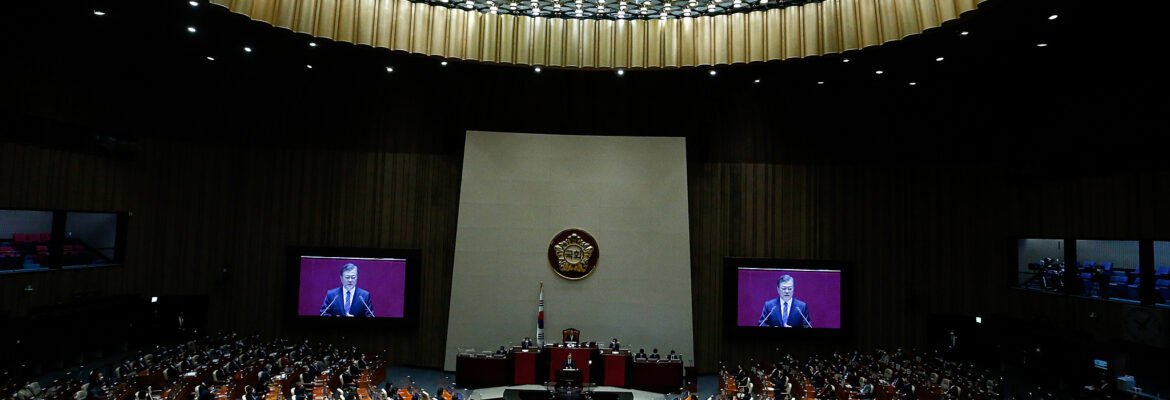After classifying Non- Fungible Tokens as virtual assets South Korean lawmakers intend to impose a tax on the digital currency. Recently, South Korea’s Financial Services Commission (FSC) announced NFTs will be taxed from 2022.
Ideally, this announcement stands in contradiction to the public statement made by FSC in October, which then reaffirmed that NFTs are not virtual assets. This perception change within one month seems closely backed by the political mechanism of the country.
Doh Kyu – sang the chairman of South Korea’s Financial Services Commission has specified NFTs as virtual assets and made them subjected to tax under “Income from Other Sources”. According to the department, it refers to those incomes which are used for payment or investment on a large scale.
This tax law amendment would suggest a 20% tax on income generated from virtual assets, only if the amount exceeds 2.5 million as of Jan 1, 2022 (subjected to delay). In the days to come, respective tax authorities plan to define the full scope of taxable NFTs.
Alongside, the country has taken several steps to regulate the crypto market for eliminating the scope of malpractices. According to the reports, the anonymity of digital assets is perceived to create room for money laundering and financial terrorism. As a result, in the year 2018, the Financial Action Task Force (FATF) recommended changes while adding the terms “Virtual Asset” (VA) and “Virtual Asset Service Provider” (VASP) in the definition.
According to the Korea Herald, all the 25 crypto exchanges were reviewed and found to have an inadequate level of readiness and lack to meet registration requirements for supporting the strong crypto environment. This clearly defines that despite the expansion of NFTs in the South Korean market, the regulation seems to be weak. As a result, the authorities have made this digital currency subjected to tax while aiming to strengthen the overall ecosystem.






